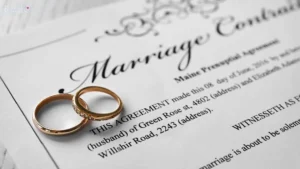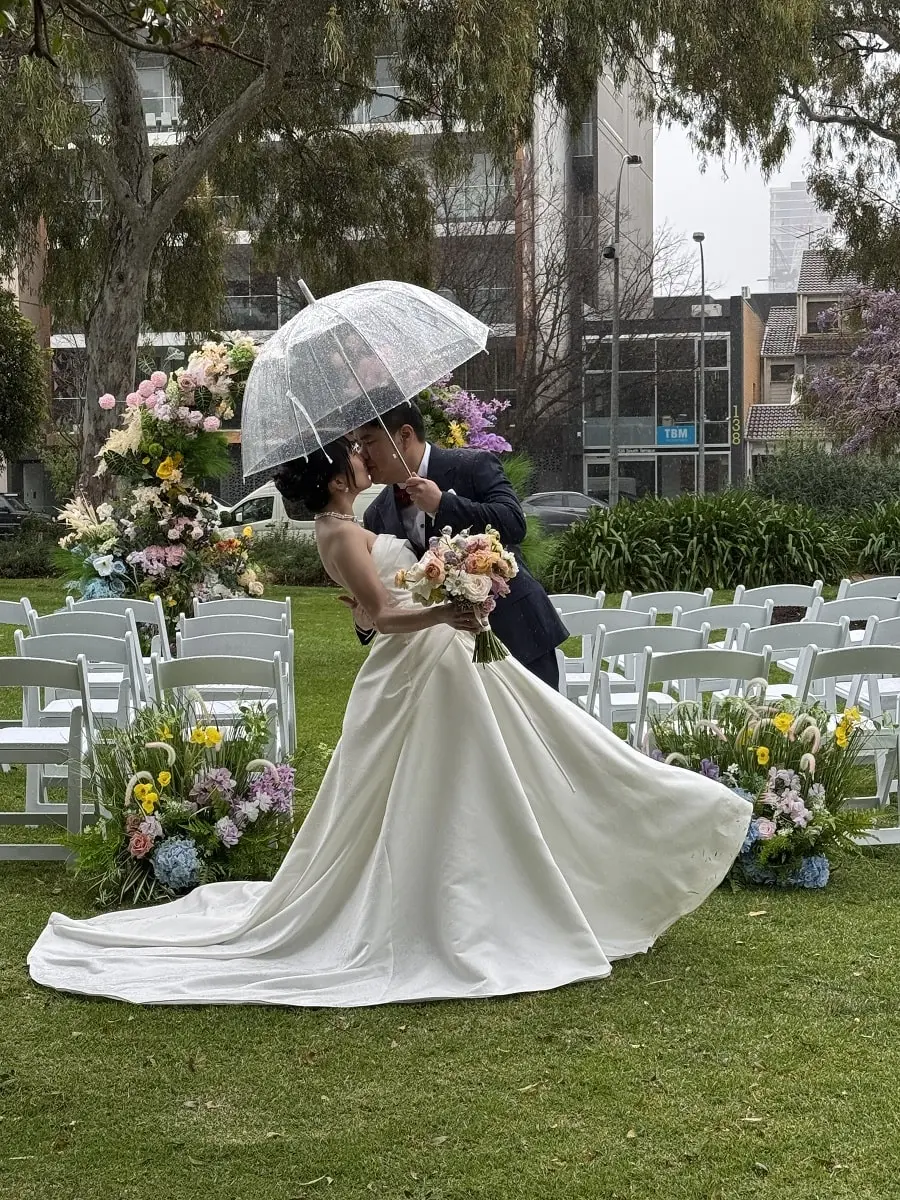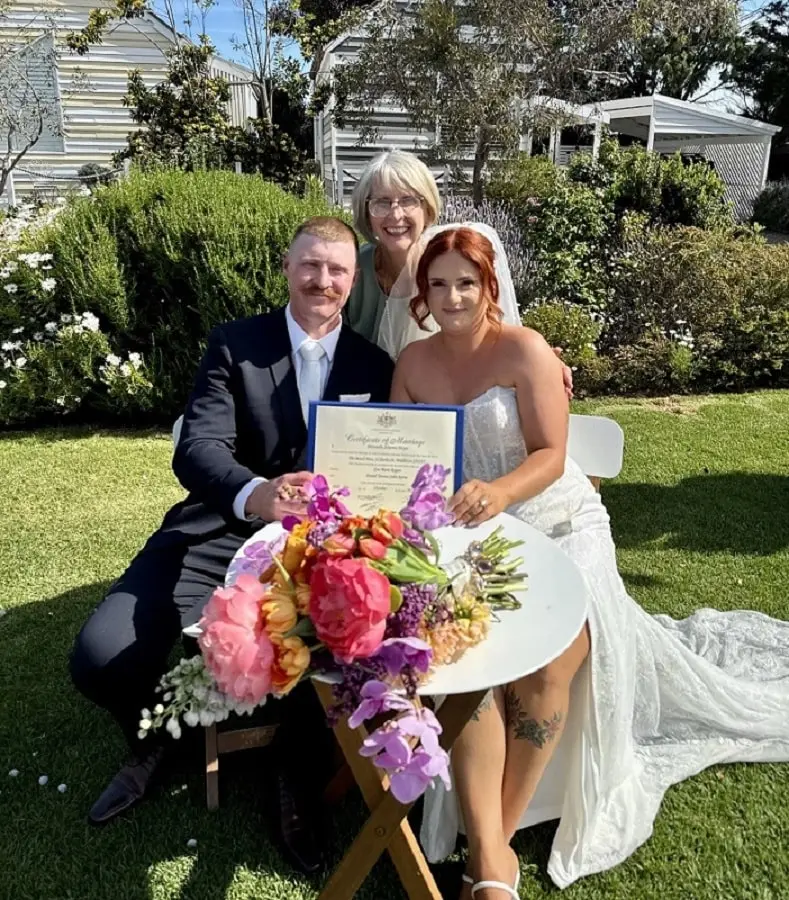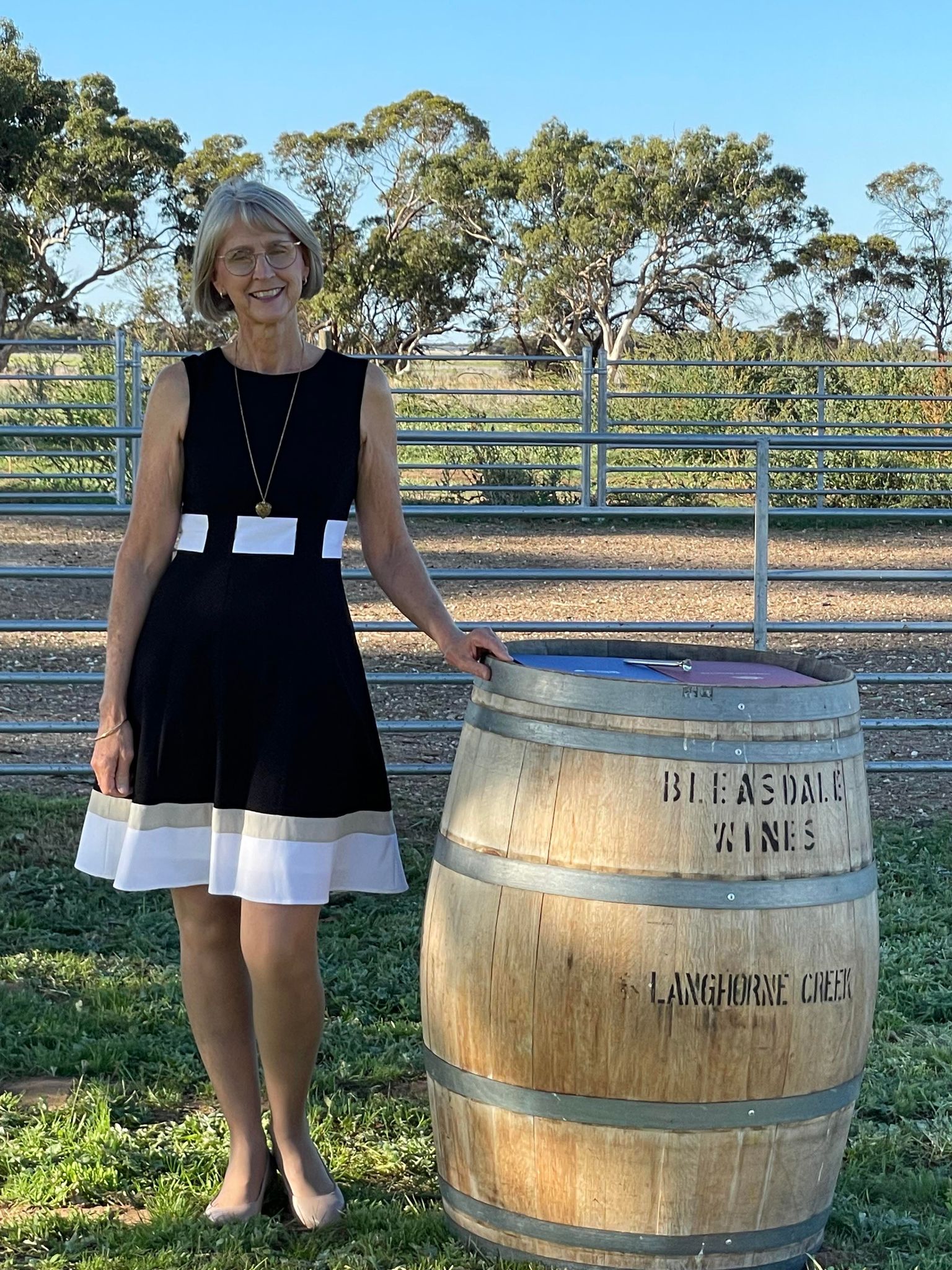What Are the Legal Requirements For Eloping in Adelaide?
When it comes to tying the knot in Adelaide, eloping can be an alluring option for couples seeking an intimate and unique way to celebrate their love. However, like any marriage ceremony, eloping in Adelaide comes with its own set of legal requirements and considerations.

In this comprehensive guide, we’ll discuss the legal requirements of elopements in Adelaide, ensuring that you have all the necessary information to plan your special day with ease and confidence.
Understanding the Legal Framework For Elopement Adelaide
Marriage Act of South Australia
In Adelaide, eloping couples must abide by the regulations outlined in the Marriage Act of South Australia. This legislation governs the solemnization and registration of marriages within the state, ensuring that unions are conducted in accordance with legal standards.
Notice of Intended Marriage (NOIM)

The first step in the legal process of eloping in Adelaide is lodging a Notice of Intended Marriage (NOIM) with your chosen celebrant. This document serves as a formal declaration of your intention to marry and must be submitted at least one month before the wedding date. The NOIM can be obtained from registered celebrants or downloaded from the Attorney-General’s Department website.
Eligibility Criteria
Before eloping in Adelaide, it’s essential to ensure that both parties meet the eligibility criteria for marriage. According to South Australian law, individuals must:
- Be at least 18 years old, or have appropriate consent if under 18.
- Not already be married or in a prohibited relationship (e.g., certain familial relationships).
- Have the capacity to understand the nature and effect of marriage.
Documentation
In addition to the NOIM, couples must provide certain documentation to their celebrant as part of the elopement process. This typically includes:
- Proof of identity (e.g., passport, driver’s license).
- Original birth certificates or extracts.
- Documents relating to any previous marriages or relationships (e.g., divorce decrees, death certificates).
Authorized Celebrants
Elopements in Adelaide can only be conducted by authorized marriage celebrants, including registered marriage celebrants and ministers of religion. It’s essential to ensure that your chosen celebrant is legally authorized to solemnize marriages in South Australia.
Read More About: Creative Ways to Tell Friends and Family About Your Elopement in Adelaide
Witness Requirements

During the elopement ceremony, it’s mandatory to have two witnesses present who are over the age of 18.
These witnesses play a crucial role in validating the marriage and must sign the marriage certificate alongside the couple and celebrant.
Marriage Certificate
Following the elopement ceremony, the marriage must be registered with the relevant authorities in South Australia.
Once registered, couples can obtain an official marriage certificate, which serves as legal proof of the union.
The marriage certificate is a vital document for various purposes, including changing names, updating legal records, and applying for spousal benefits.
Conclusion
Elopement in Adelaide can be a beautiful and intimate way to celebrate your love and commitment to each other.
However, it’s essential to navigate the legal requirements with care and diligence to ensure that your elopement is legally recognized and valid. By understanding the legal procedure outlined above and working closely with your chosen wedding celebrant, you can embark on your journey into marriage with confidence and peace of mind.
Source: https://www.ag.gov.au/families-and-marriage/marriage/get-married
Recent Blogs

Your Celebrant for Micro Weddings in Adelaide is The Heart of Your Small Day
Learn More




